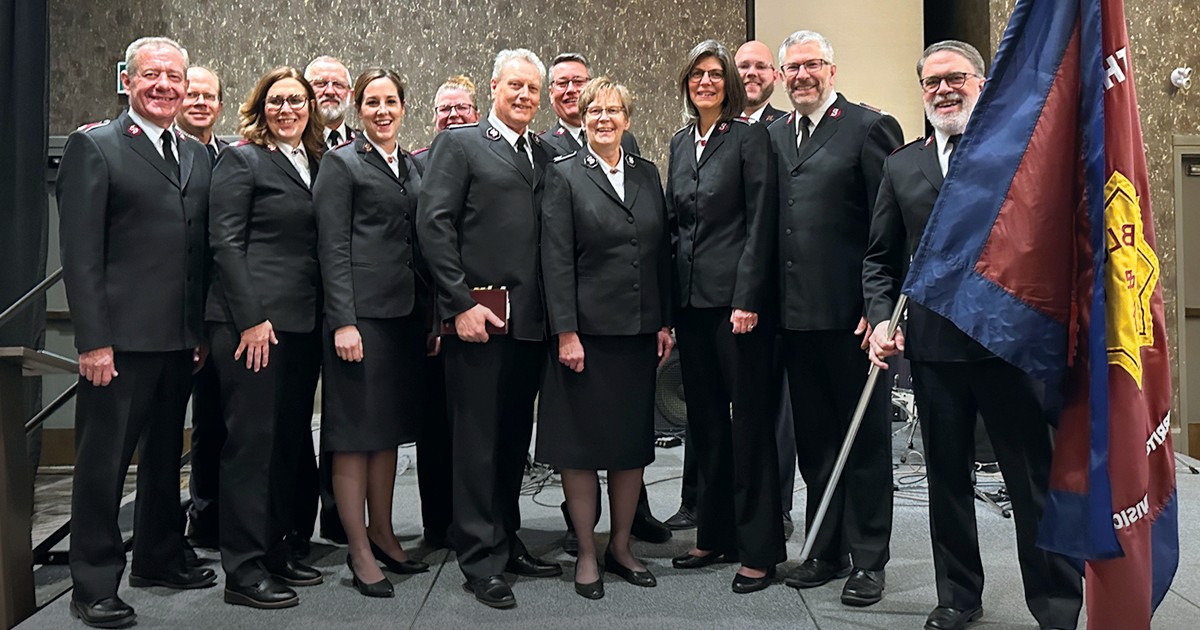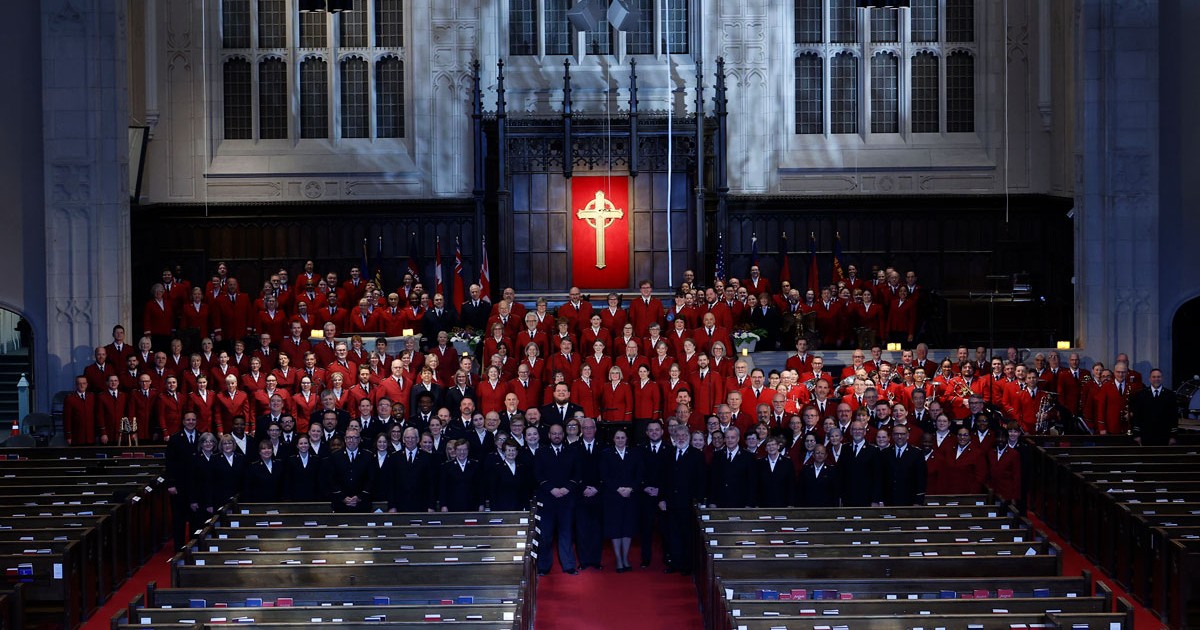 Finding Scripture passages that focus primarily on leadership is difficult. In his celebrated book, A Church for the Twenty-First Century, Leith Anderson observes:
Finding Scripture passages that focus primarily on leadership is difficult. In his celebrated book, A Church for the Twenty-First Century, Leith Anderson observes:
It should surprise us that so much is said (today) about leaders and so little about followers, especially among Christians committed to the Bible. The Bible says comparatively little about leadership and a great deal about followership. Jesus did not invite Peter, Andrew, James, and John to become leaders immediately. He said, “Follow Me.”
From a biblical perspective, spiritual leadership is solely dependent upon faithful discipleship. As with his first century disciples, Jesus wants his twenty-first century servant leaders to be followers first. Douglas K. Smith clearly states the biblical axiom:
In the twenty-first-century organization, all leaders must learn to follow if they are to successfully lead. . . . Leaders at all levels and in all situations must pay close attention to situations in which their most effective option is to follow - not because the hierarchy demands they “obey,” but because performance requires them to rely on the capacities and insights of other people.
Following is at the heart of being a spiritual leader. Jesus' disciples learned to lead by literally following him. They were unacquainted with classrooms, text books, overhead projectors or PowerPoint presentations. As with most first century Rabbis, Jesus was a peripatetic teacher─He taught as he walked. The disciples were his literal followers.
“I am the light of the world. Whoever follows me will never walk in darkness, but will have the light of life” (John 8:12)
The picture of disciples learning from Jesus “on the move” has had a profound affect on my personal study habits. I often picture myself walking and talking with the Master as I study, and now and then I hear him say, “ . . . follow me.”
Jesus─the Light of the World─promised, “Whoever follows me will never walk in darkness, but will have the light of life” (John 8:12). As human beings, we are bound to stumble in the darkness when we walk alone. However, when we walk in the Light, we will never falter.
The Greek word for “follow,” ' ακoλoυθέω (pronounced, a-ko-lu-the_-o), is used seventy-seven times in the New Testament. With but one exception, this word is exclusively used to describe following Christ. The one exception is found in Mark 14:13 where Jesus instructs his disciples to “go into the city, and a man carrying a jar of water will meet you. Follow him.” Even this exception is a command from Jesus.
'Ακoλoυθέω has five meanings─all of which describe crucial aspects of the spiritual leader's relationship to the Master. The servant leader must follow the Master:
• as a soldier following his captain
• as a slave accompanying his master
• as a patient accepting a counselor's opinion
• as a citizen giving obedience to the laws of the land
• as a student following a teacher's line of argument
Where will this journey end? At the Cross! J. Oswald Sanders reminds leaders that “a cross stands in the way of spiritual leadership, a cross upon which the leader must be impaled. Heaven's demands are absolute. 'He laid down his life for us: and we ought to lay down our lives for the brethren' (1 John 3:16).”
Jesus' call to follow him─and to shepherd his followers─is a call to die with him. Christ's call to his disciples─to his spiritual leaders─reverberates over two millennia. “If anyone would come after me, he must deny himself and take up his cross and follow me. For whoever wants to save his life will lose it, but whoever loses his life for me will find it” (Matthew 16:24-25).
C. Gene Wilkes captures the essence of this spiritual reality:
Jesus was more interested in his disciples' willingness to follow him to the cross than in their ambition to hold places of power in his kingdom. Ambition is not the same thing as willingness to follow Jesus to the cross. Jesus cared that his followers were willing to obey him.”
As with Peter, Jesus first and last words of instruction remain the same for his spiritual leaders today: “Follow me!” (Matthew 4:19 and John 21:19).









I work for The Salvation Army and I see where the training is happening in the homeless shelters, etc. however I would have to disagree with the assts in churches. This is more of a luxary for churches than a given. We left the Army church because we were tired of the politics, the style of music, the poor preaching, the lack of programs for children, sacraments, uniforms, etc. I enjoy working for them but not attending the church.